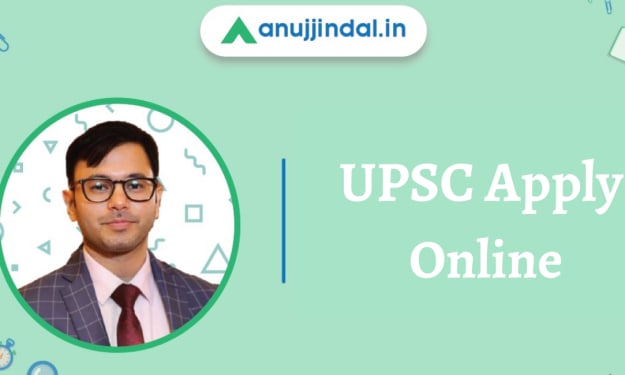UPSC Previous Year Question Paper
past year paper of upsc

IAS Previous Year Paper
Knowing that you might have already gotten an idea about how important the UPSC prelims question papers of the past years and the previous year papers are to a sincere UPSC aspirant, I shall not be dwelling on the topic much.
In this section of the blog, I would like to categorically elaborate on the many benefits of solving the UPSC prelims question papers of the past years and the previous year papers and talk about how to use the previous year's papers.
So basically, the best way to study for the IAS exam would be to first practice on a random previous year question paper. With that done, you’ll be able to gauge your strengths and weaknesses.
Then, according to those, you can begin covering the UPSC syllabus in a way where you’d first cover the topics that you are weak at, and then eventually go over to the ones you are strong at.
After you are done going through the entire UPSC course materials, you can try solving another previous year's paper to test your waters again. Then again gauge yourself based on your strong and weak points, and accordingly go over the syllabus again. Then solve the thirst previous year paper.
This process would have to be repeated till there are no weak points left, meaning, till the point where you have achieved the same level of mastery at every UPSC-related topic.
Okay, now with the topic of “how to use the previous year papers” out of the way, let me jot down the many benefits of solving the UPSC previous year question paper in the next section.
Benefits of Solving Previous Year Papers
In this section I have talked about the various ways, solving UPSC's previous year papers will benefit you.
1. Know the Exam Pattern Better
The act of solving the various UPSC prelims question papers and past years papers will render you a superior understanding of the UPSC exam pattern and the kind of questions that are normally asked in it.
This understanding of the exam pattern and the various sections lying in it will, in turn, help you solve questions more quickly in the actual exam.
This is because, with such a photographic understanding of the exam sections and patterns, you won’t have to waste time figuring what goes where, and you’d directly be able to go over to the section of the paper you are most comfortable in.
2. Gauge the Levels of Prelims & Mains
The more you solve previous year papers, the more you’ll be able to familiarise yourself with the massive jump in the difficulty levels of the Prelims to the Mains papers, and subsequently prepare yourself for the same.
3. Identify Important Topics
Solving more Previous year papers would mean getting to identify the most commonly asked questions in the exams, and from them, the most important UPSC topics. These are the topics that you’d then have to learn about in much more detail, considering that they are the ones most likely to be asked about in the upcoming IAS exam.
4. Know Your Strengths & Weaknesses
This is something that I have already talked about in the first point of this list i.e., getting to know more about your strengths and weaknesses by solving more and more past year papers.
By knowing your strengths and weaknesses better, you’d be able to subsequently focus on your weak points more, thus erasing them in the process, and also further hone your strong points. That way you’d be able to achieve an equal level of mastery in all the UPSC topics.
This is needed even more so, considering that the UPSC exam papers have negative marking for every wrong answer, something that you absolutely cannot afford to do.
Also read: UPSC Exam
Source by: https://www.anujjindal.in/upsc-previous-year-papers-result-and-cut-off/
About the Creator
Anujjindal
Anujjindal.in focuses on providing high quality comprehensive course for various Government & Academic Exams like UPSC Management.






Comments
There are no comments for this story
Be the first to respond and start the conversation.